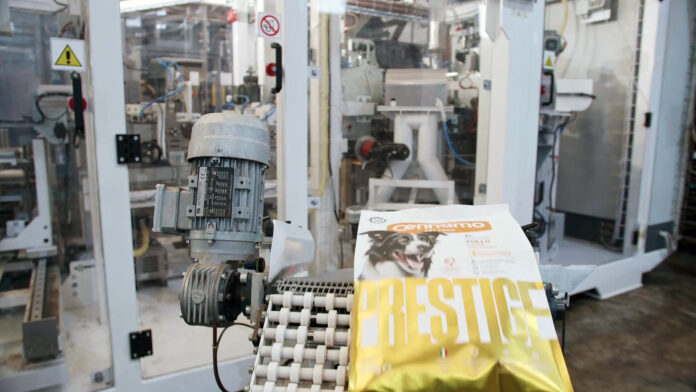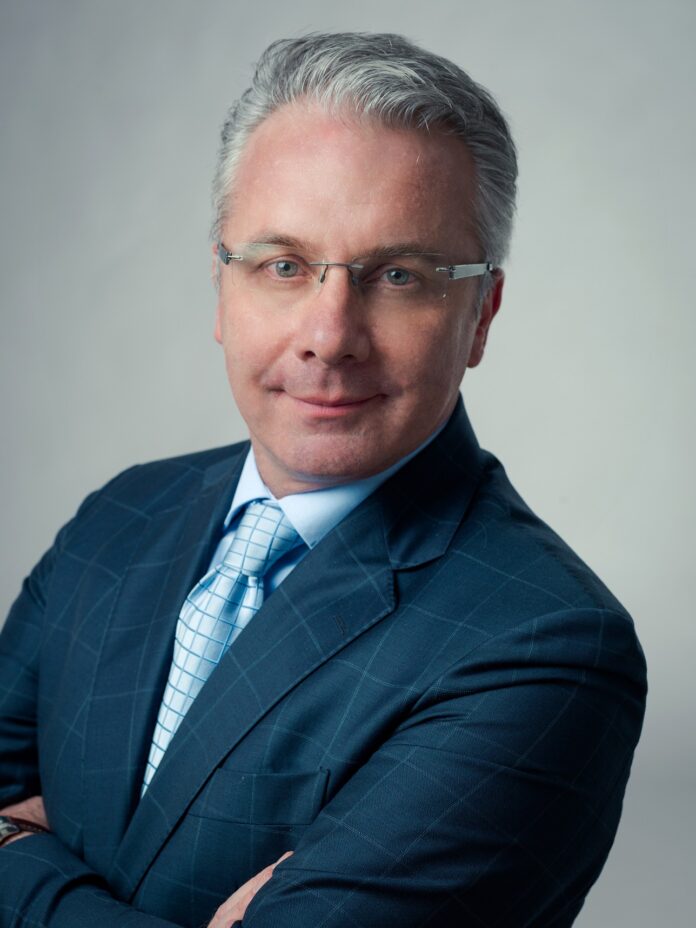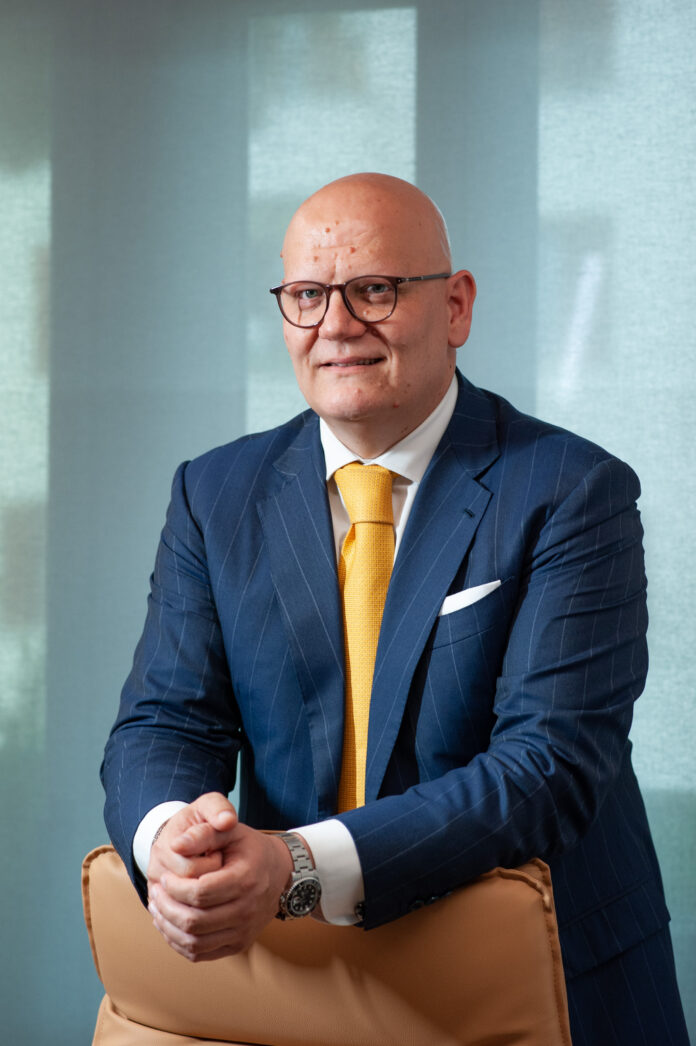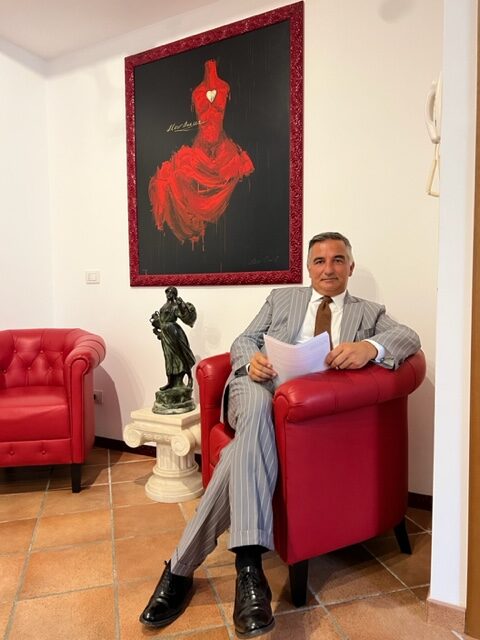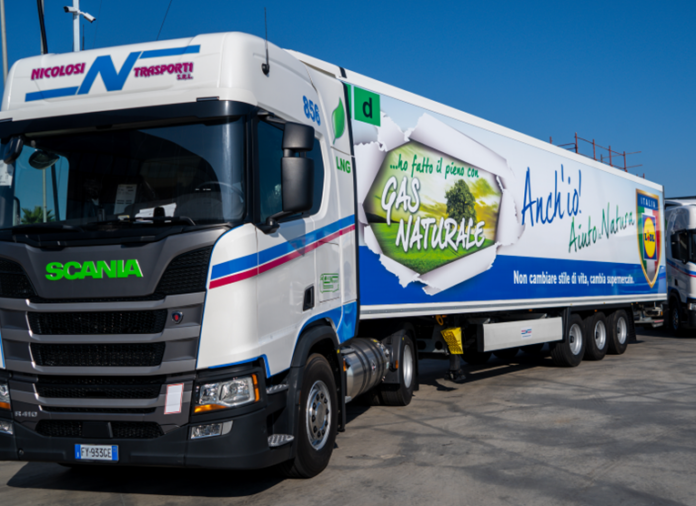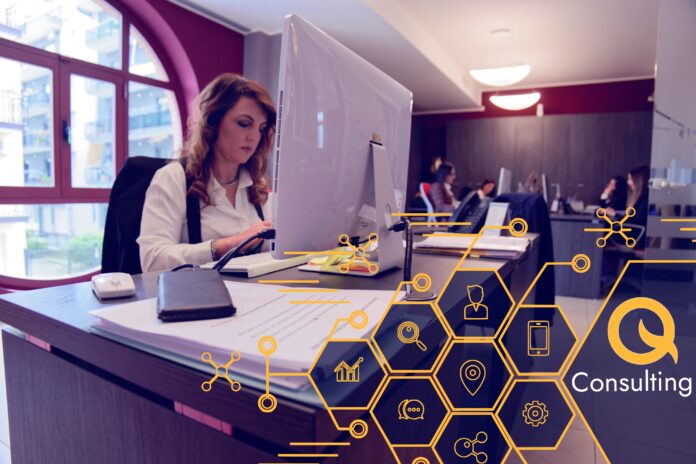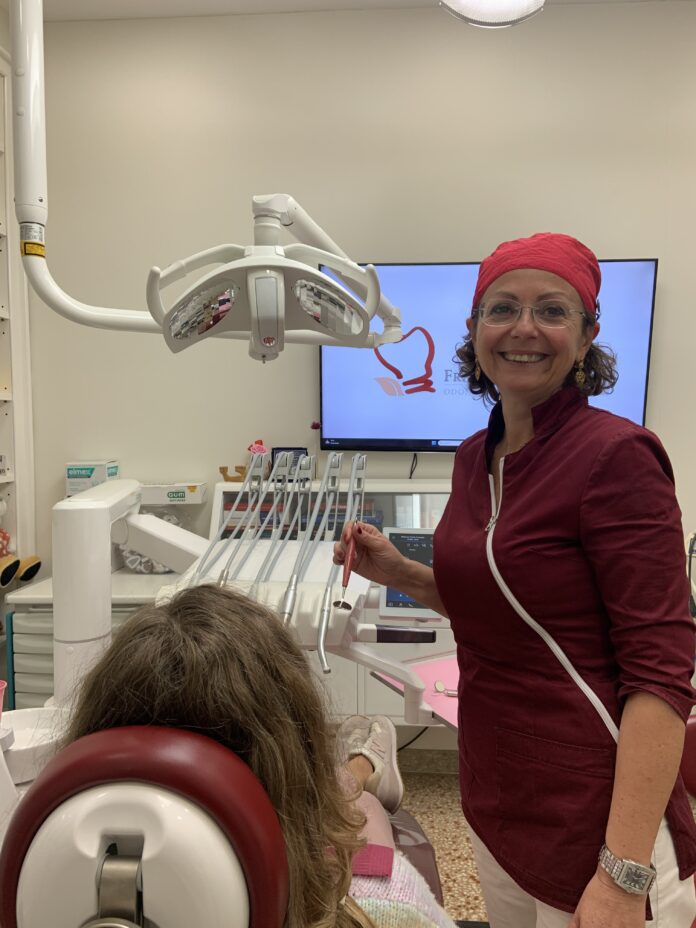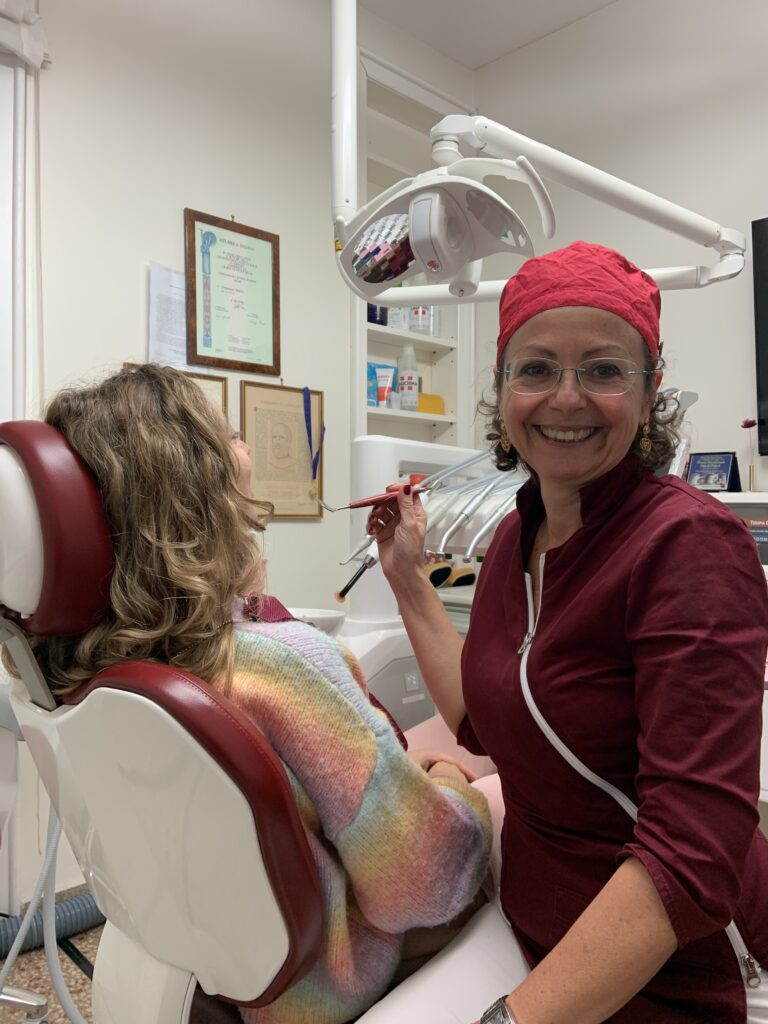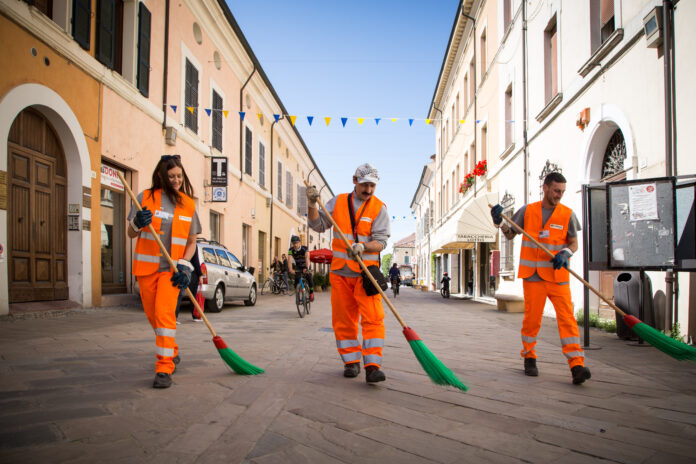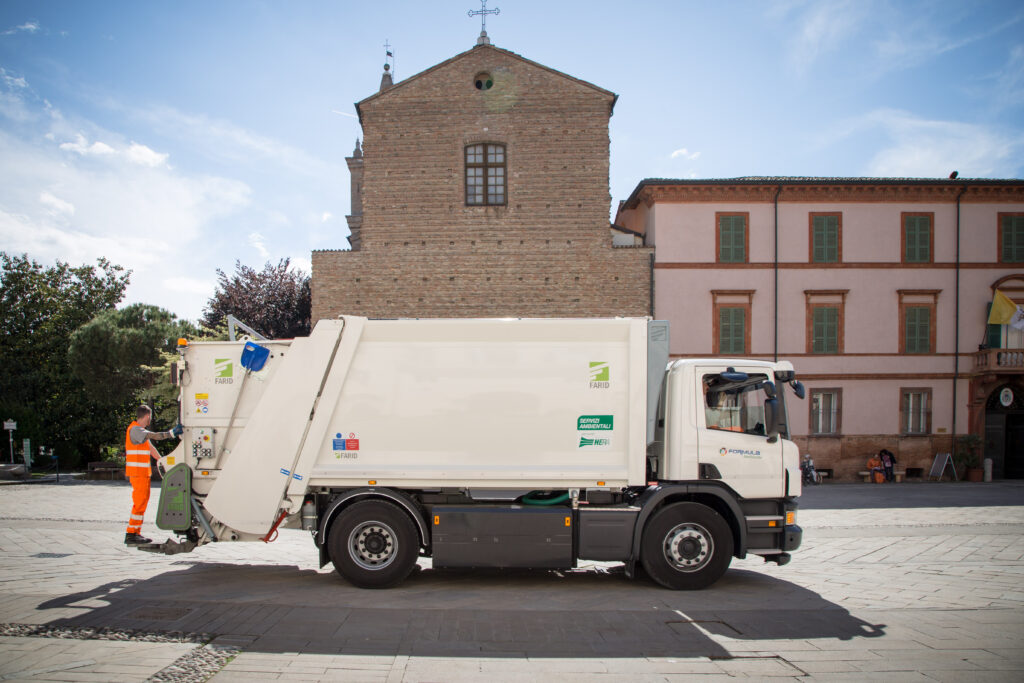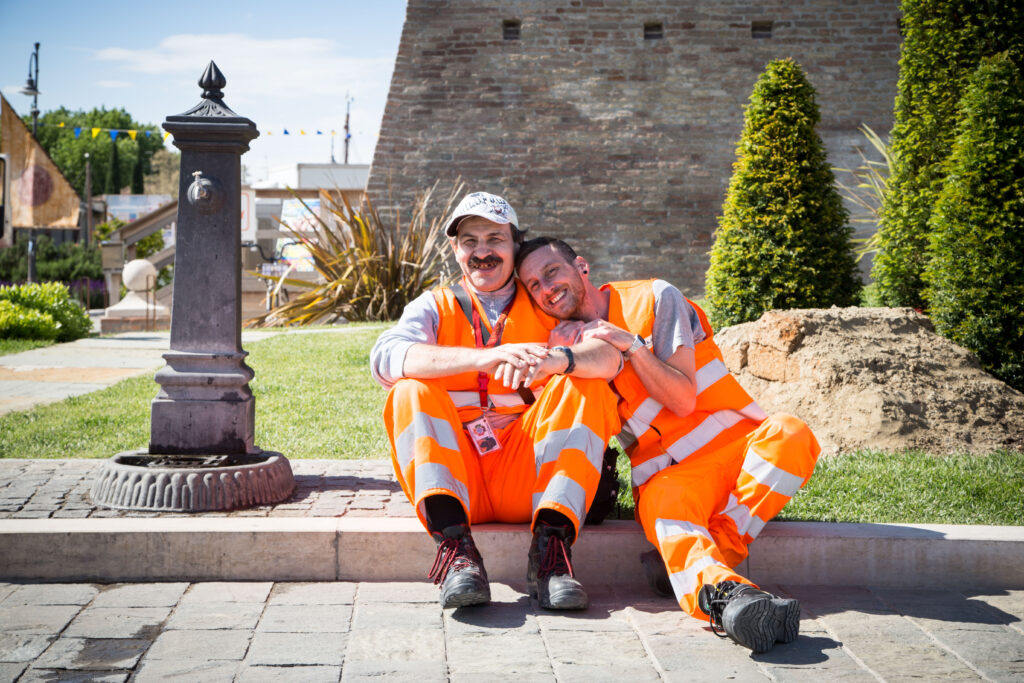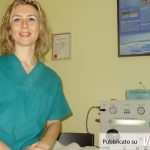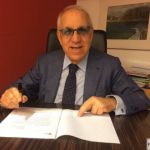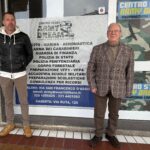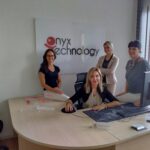Cennamo srl, founded in 2009 by brothers Arcangelo, Danilo and Diego Cennamo, is a Campania-based company highly specialised in the design and production of dry food for dogs and cats. Thanks to a strategic vision and the high quality of its products, this all-Italian excellence has managed to assert its leadership on the national and international market, clearly distinguishing itself from its competitors, as Danilo Cennamo, the company’s financial manager, explains in this lengthy interview.
by Roberta Imbimbo
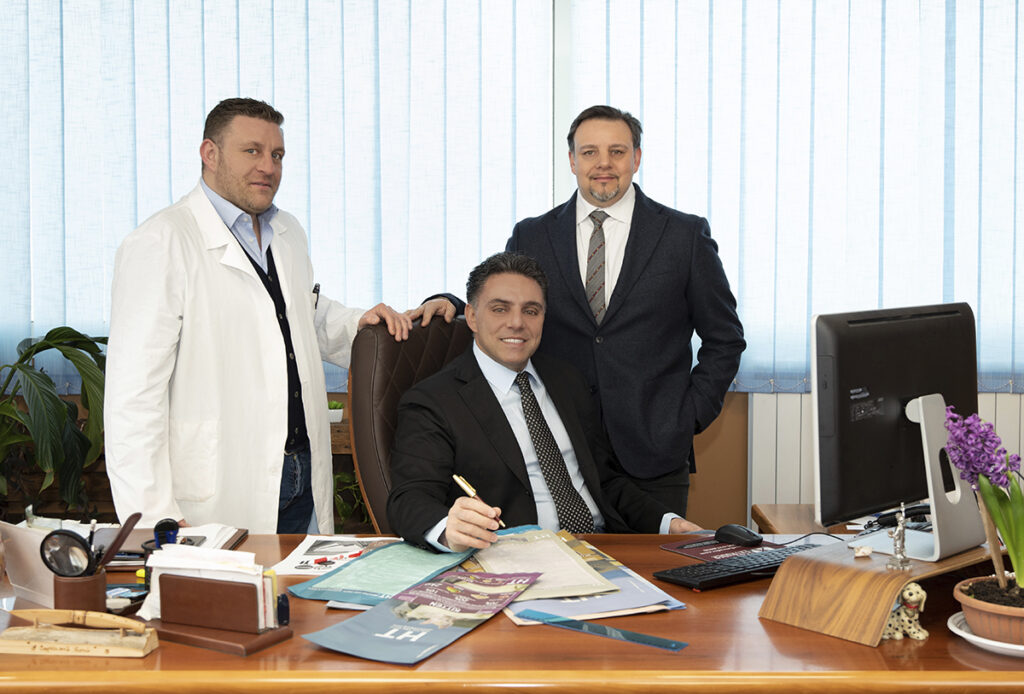
Dr Cennamo, with what mission was Cennamo S.r.l. born?
The company was founded with the ambitious goal of becoming an important reference point for the production of pet food; a challenge won thanks to a strategic vision, highly specialised know-how acquired over many years of activity, and the high quality of the products offered.It is no coincidence that in recent years this young and dynamic company has experienced rapid growth both in terms of turnover (in 2023 it increased by 30% compared to the previous year), and organisational structure (the recent inauguration of a new production plant for the central-southern Italy area with high technological value in the province of Caserta) and geographical expansion: it is no coincidence that today Cennamo S.r. l. is a company with an international vocation – present in Italy and in over 40 countries around the world – innovative and future-oriented, to proactively anticipate the needs of a constantly evolving market, always guaranteeing the utmost attention to the sourcing of raw materials and internal processing procedures, in order to promptly and effectively meet the requirements of increasingly demanding consumers.
In this regard, what peculiarities distinguish you from your competitors?
In addition to the experience and professionalism matured over many years of presence on the market, Cennamo has always made the quality of its strictly Made in Italy products its mission, becoming a de facto Ambassador to the world of Italian manufacturing excellence.Quality and innovation of the proposed recipes (ranging from standard lines up to the super-premium top range, passing through technical lines dedicated to working or active dogs, up to the professional sector of breeders); careful selection of raw materials, mainly of national origin; constant research and development activities to create innovative products or improve those already on the market; brilliant management of the distribution chain, through a mix of channels such as direct agents, distributors and dealers, to always guarantee the availability of products on the markets covered; important production capacity to effectively satisfy a market demand in continuous growth. These are just some of our strengths that have enabled us, on the one hand, to optimise the management of the industrial process, through tested analysis and monitoring procedures, internal and external audits and specialised professionals; and, on the other hand, to increase our brand reputation in the reference market and to clearly distinguish ourselves from our numerous competitors (Farmina Pet Food, Monge, Morando, Dorado, Affinity Petcare, Royal Canin, Nestlé Purina).
How important is human capital for you?
Very much, it is without doubt our most important resource! In fact, it is people who give value to work through competence and determination, all very important ingredients that translate into invaluable added value in the service of our customers. This is why Cennamo is investing heavily in its human resources: in 2022 there were about 50 employees in the company; today there are 65, all highly qualified and motivated.A substantial recruitment plan is planned for the year 2024, in order to cope with the need for personnel both for the new production and packaging plant and for the support and assistance in office work.

Cennamo S.r.l. finds itself today in the midst of the fourth industrial revolution. How does it embody the paradigms of Industry 4.0?
By paying close attention to business practices that meet the needs of the present without ever compromising those of future generations.In recent years, we have increasingly focused on ESG criteria for responsible and sustainable growth, both in environmental and social terms.We have therefore expanded the use of solar energy produced by our photovoltaic plant from 250 kilowatts to about 1 megawatt, reaching about 40 per cent of our total needs and almost 70 per cent during daytime working hours; and we have installed a powerful condensate recovery plant that through a regasifier significantly reduces gas consumption, also significantly reducing the use of water resources; and finally, we have opted for the use of domestic raw materials, as close as possible geographically to the company site to reduce transport distances and to support the local economy. From a social point of view, we are constantly at the side of a number of voluntary associations that are involved in offering help to kennels and catteries, through the supply of food and support for solidarity initiatives aimed at raising awareness and improving the living conditions of animals.
So many goals achieved in so many years. Future goals?
Certainly one of our priorities will be to increase production capacity from 2.5 thousand quintals per day produced to 6 thousand quintals with theaddition of the new production site in Francolise (CE).At the national level, to acquire new spaces in the territory, further strengthen the relationship with current customers, undertake new negotiations with large purchasing groups, and develop the private label area.Nonetheless, continue to grow (we are aiming for a 40% increase in Turnover in 2024 compared to the previous year) and expand into markets that have not yet been explored, such as the Serbian market, a strategic area for reaching the most distant eastern markets, such as Russia and China, as well as strengthening and optimising our presence in Eastern European territories.

For more info (https://www.cennamopetfood.it)










































